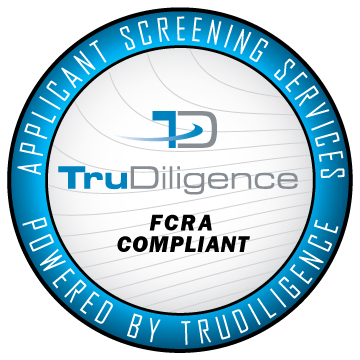ALZHEIMER’S DILEMMA
Experts remain locked in debate over testing for the disease when there is no cure
By R.J. Ignelzi.
Learning as much as we can about our health is usually a smart thing to do. That’s why we get regular screenings such as mammograms, colonoscopies and cholesterol tests. If there’s a problem, we get it treated. But what if there is no treatment or cure for a disease? Should we still get tested? That’s a question often asked by people — especially those with Alzheimer’s disease in their family — who are concerned about someday getting the dreaded brain disease.
For the past couple of decades, doctors have used cognitive tests to help confirm memory decline and MRI scans to indicate possible reasons for the problem (brain tumor, etc.), but neither of these widely used tests can diagnose Alzheimer’s disease.
While testing for the disease has become more sophisticated, it’s also more confusing, controversial and often inconclusive. Currently there are genetic and biomarker tests that may show if someone is at higher than normal risk of getting Alzheimer’s, but the tests cannot confirm whether someone will or will not get the disease.
For asymptomatic individuals, the tests offer patients and doctors no definitive information. The tests are meant to be used by people who have cognitive impairment and only after extensive evaluation by a physician who is experienced at testing for memory disorders and who can make a recommendation for tests if it’s believed it would be helpful.
However, the tests’ limitations haven’t stopped people like Linda Ellis from trying to gain more information about her risk for Alzheimer’s.
Her mother and aunt were diagnosed with the disease, and the 46-year-old La Jolla resident who’s in good health said she “just needed to know. I wanted to find out if Alzheimer’s was in my genes.”
Ellis contacted 23andMe, a company that charges $299 for a genetic analysis of a person’s risk for more than 100 diseases and conditions including Alzheimer’s. The test is based on one gene variant believed to be an Alzheimer’s disease risk factor. The company sent her a specimen kit with a container for saliva collection that she then sent to a lab for analysis. A few weeks later, she logged on to the company’s website and learned that she did not have the feared gene, which meant that her Alzheimer’s risk is average, at least as it relates to that gene. “Even though I know the test is not definitive, I have to admit I felt relieved,” she said. “I probably won’t do anything differently now, but at least I won’t keep losing sleep over it.”
For 33-year-old Maddy Kilkenny, who’s pregnant with her first child, it’s all about planning for the future.
“I would want to know if I’m going to get Alzheimer’s because I want my husband and children to be able to prepare for it early,” said the Talmadge resident whose grandmother died of Alzheimer’s disease. “We’re not big picture- or video-takers, but I think that would change if I knew I wasn’t going to be able to remember things. I think getting tested is the practical thing to do.” However, many Alzheimer’s experts say testing for Alzheimer’s disease when there is no cure or treatment may do more harm than good.
“Before someone has a genetic or biomarker test for Alzheimer’s, they should try to clarify why they want to know,” said Dr. Douglas Galasko, a professor of neurosciences at UC San Diego and director of UCSD’s Shiley-Marcos Alzheimer’s Disease Research Center. “Some people say they’re just worried, but that’s not a good enough reason.”
Even if a person has a positive test, it doesn’t mean they will ever get Alzheimer’s disease. It may just mean they’re at a somewhat higher risk.
“But for a lot of people, after (a positive test) they may be absolutely convinced that they will get Alzheimer’s disease and that alone is enough to cause debilitating worry and anxiety,” said Dr. James Brewer, associate professor of radiology and neurosciences at UC San Diego School of Medicine. “At this time, if you have no certain cognitive complaint, I can’t see any benefit to test for Alzheimer’s.” Although three of her grandparents were diagnosed with Alzheimer’s, Heidi Hanna isn’t interested in getting tested for the disease.
“If I knew there was an (Alzheimer’s) vaccine I could take or a medication (to treat the disease) that had no side effects, I’d probably be tested. But, we’re far away from that,” said the 37-year-old San Diego holistic nutritionist, author and lecturer. “I assume we’re all at risk for Alzheimer’s and I continue to live my life. Even if I found out I had the gene, I wouldn’t change anything about my life since I already live a very healthy lifestyle.”
Although there’s no way to change one’s genetic makeup, lifestyle modifications may help reduce the potential effects of high-risk genes, Alzheimer’s experts say.
“Plan now for your future and do everything you can to reduce the risks,” said Mary Ball, chief executive of the Alzheimer’s Association of San Diego and Imperial Counties. “Stay physically, socially and intellectually active and control heart disease risk factors such as high blood pressure, cholesterol, smoking and excess weight.”



Connect with us!